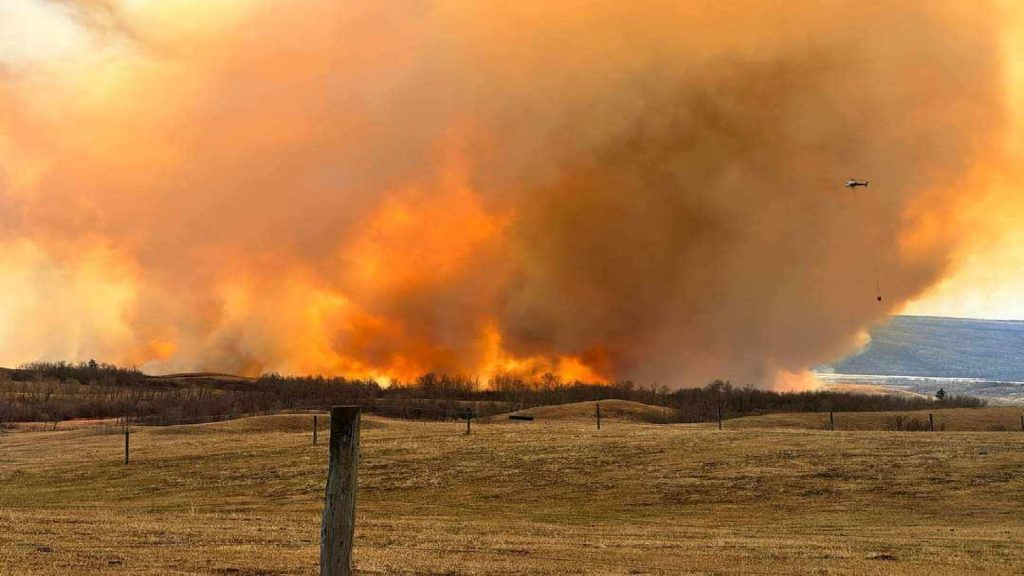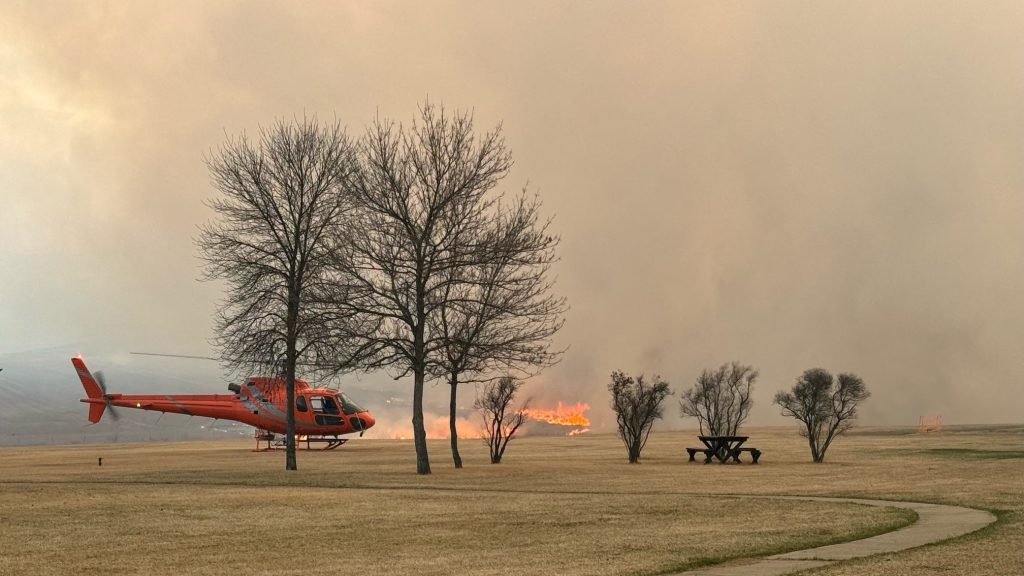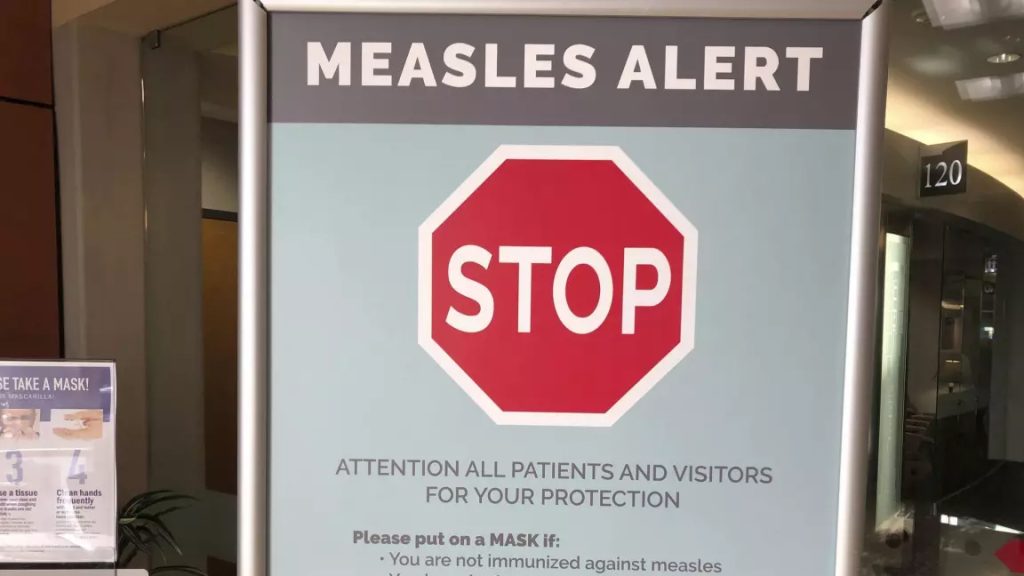‘Maybe she’d still be around’: People caught in politics over Calgary’s supervised consumption site
Posted May 28, 2021 7:46 pm.
Last Updated May 28, 2021 7:59 pm.
CALGARY — The Alberta government is changing the location of Calgary’s supervised consumption site.
But while the decision is based on neighbourhood disruption – there is concern the real cost of failing addiction supports is being lost from the discussion.
Opening in 2017, the supervised consumption site at the Sheldon Chumir Health Centre was simultaneously praised for saving lives, while also drawing the anger of some residents and businesses in the area due to an increase in crime.
”I think we could have done it better, and I think this is one battle in a larger war here and I think the battle was fought very poorly,” said David Low, the executive director of the Victoria Park Business Improvement Area.
Calgary’s supervised consumption site is being split – into what the Alberta government calls two more appropriate locations.
“I really question what is a more appropriate location,” said Dr. Jennifer Jackson, an assistant professor in the Faculty of Nursing at the University of Calgary.
“Without a commitment for additional funding to support a second site, without clear partnerships, to say where those sites are going to be, who is going to run and staff them, who is going to organize services, there’s also no engagement with people that use those services.”
Alyssa Plausteiner, who lost both her parents to overdoses, believes if supervised consumption sites were around earlier, they could possibly still be here today.
“Growing up, my mother, she kind of always had problems with addiction, she was bipolar so her doctors at the time were prescribing her a lot of medication, and that’s kind of what started her struggle with opioids,” Plausteiner said.
“After the third time that I know of that my mom got out of rehab it was like, only a couple weeks afterwards she ended up relapsing, and she was hanging out with a bunch of friends at her house.
“As they were using again, she ended up overdosing and at the time there wasn’t really any supervised consumption sites in Lethbridge so the only option was to take her to the hospital or call the police.”
Plausteiner says there is a lot of fear amongst addicts when put in that situation because they don’t want to get in trouble for using.
“They left my mom alone to die on the floor and instead they ran off and threw her purse in a dumpster a few blocks away before they called the police,” she said. “And by the time police arrived they were able to save her but she had been unconscious too long and was basically braindead, so my grandma had to make the decision to take her off life support.”
Plausteiner says she understands the fear that addicts deal with.
The grief from losing her mom – only compounded a short time later.
“A year later my dad, who I didn’t grow up with but we had reconnected after my mom’s death, he ended up overdosing on her birthday a year after she overdosed.
“One of the things I always think about is the supervised consumption site, it was introduced in Lethbridge specifically in 2018 and if that had been around maybe two years earlier, maybe there was a chance they could have brought her there, or maybe she would have got there to get clean needles and they could have helped her more quickly, and maybe she’d still be around.”
In a statement to CityNews, the Alberta government clarified the changes – saying that the Sheldon Chumir supervised consumption site will not close until the new ones open and that there will be no decrease in funding.
“We know that there are stereotypical images of people who use drugs, but there are lots of nice, blonde white girls who are dying from overdoses. So, we really need to challenge assumptions about who a drug user is or what an overdose can look like, or who experiences that.”
Orphaned by addiction – Plausteiner hopes people can realize to save one life – can mean impacting so many more.
“After she died, the stigma that people who are suffering from addiction don’t deserve compassion, it really hurts because they’re important to people, they matter to people.”










